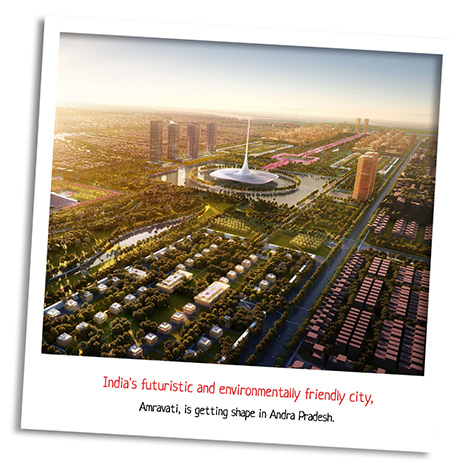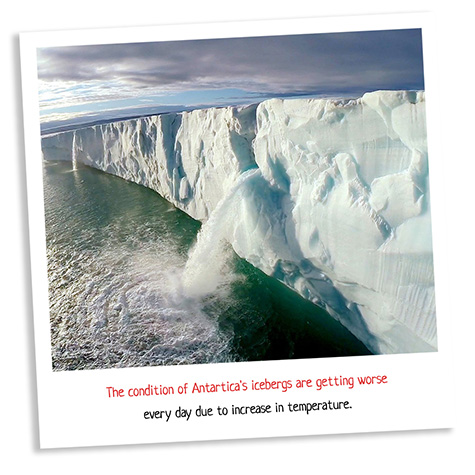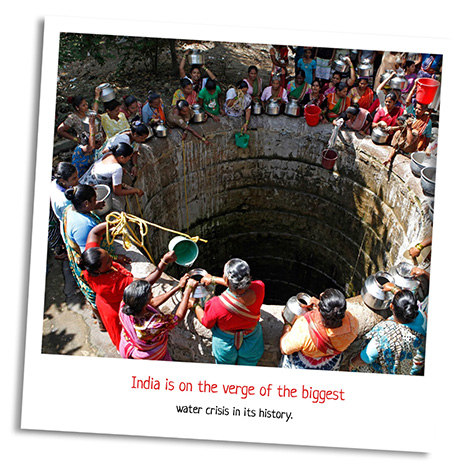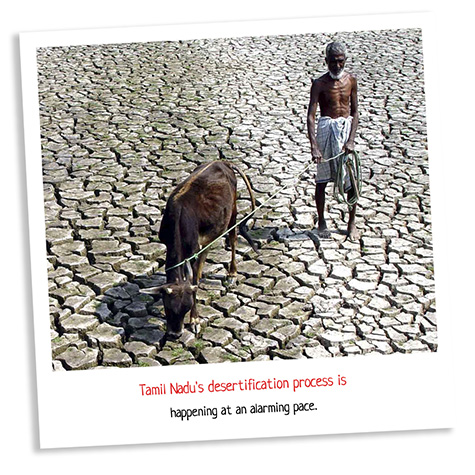What Will Happen In Next 12 Years?
 This generation of human race is undoubtedly the most advanced human race of all time. The technological advance is at its peak, so much so that if you take a small metal box from your pockets, you can talk to anyone in the world. From the third industrial revolution, we are moving towards the fourth industrial revolution. Many countries, including India, are taking aggressive decisions to make use of the fourth industrial revolution. How effective those decisions will be is debatable but a tremendous change in political, economic and in planet’s environment is predicted in the recent future and is recognized by almost all countries. Although one may think a global change is of no much consequence for individual well-being, the change of this enormity has been rare in the planet’s history and it is going to impact our lives in a way more than we can possibly fathom. If we can be smart enough to know the change and work towards it, we can make this change useful for our lives, help other lives and prevent unfortunate things to happen.
This generation of human race is undoubtedly the most advanced human race of all time. The technological advance is at its peak, so much so that if you take a small metal box from your pockets, you can talk to anyone in the world. From the third industrial revolution, we are moving towards the fourth industrial revolution. Many countries, including India, are taking aggressive decisions to make use of the fourth industrial revolution. How effective those decisions will be is debatable but a tremendous change in political, economic and in planet’s environment is predicted in the recent future and is recognized by almost all countries. Although one may think a global change is of no much consequence for individual well-being, the change of this enormity has been rare in the planet’s history and it is going to impact our lives in a way more than we can possibly fathom. If we can be smart enough to know the change and work towards it, we can make this change useful for our lives, help other lives and prevent unfortunate things to happen.
Future of Our Planet in 12 Years
 One of the biggest threats is global warming, although became a usual talk in recent times, a rise of temperature to 3 degrees is predicted in the next 12 years. A rise of 3 degrees means more than half of our planet will become inhabitable for humans.
One of the biggest threats is global warming, although became a usual talk in recent times, a rise of temperature to 3 degrees is predicted in the next 12 years. A rise of 3 degrees means more than half of our planet will become inhabitable for humans.
A climate change of this magnitude will cause severe droughts, devastating floods and creates extreme heat waves across the world. Ecosystems that are significant to human survival will get immensely affected and fertile lands will lose fertility by undergoing desertification. There is a population problem on one side where, it is estimated that to feed 7 billion people with average social standards of the United States, we need resources from another 3 more earth-like planets. And right now, we have only half of the planet left and it is dying. But the irony here is every country aspires to be the number one economically powerful state. Top scientists have warned all the political and economic leaders to take aggressive actions to prevent humongous disasters; disasters that can potentially wipe out millions of people. Scientists are saying if we can manage global warming up to 1.5 degree Celsius instead of the estimated 3 degrees, we can avoid many man-made disasters. All the technological advances we have achieved are truly remarkable but the direction we are heading is catastrophic.
India and Tamil Nadu in 12 Years:
 According to WaterAid, nearly 80% of India’s groundwater is polluted. If groundwater is polluted, it means the soil above it (topsoil) will lose organic fertility. In simple words, the land will turn into a desert if the groundwater turns salty.
According to WaterAid, nearly 80% of India’s groundwater is polluted. If groundwater is polluted, it means the soil above it (topsoil) will lose organic fertility. In simple words, the land will turn into a desert if the groundwater turns salty.
 Our farmers comprise of 60% of the population. If the land turns into a desert, it means no employment for them and no food for the rest of the population. According to NITI Aayog report of June 2018, it is determined that the most populous cities like Delhi, Hyderabad, Chennai and Bangalore will have no groundwater left by 2020 and the groundwater of 25 major cities will get fully polluted by 2030. What this means is, if we don’t act now, we will not have food to eat and no water to drink. When basic requirements like food and water are not met, it means we are heading to an absolute chaos. In the case of Tamil Nadu, a whopping 38.3% land is used for agriculture. Chemical pesticides are used in large proportions which wipe out our insect population. Insects are a significant factor for making soil rich. It is said that if the insect population disappears on this planet, all life on this planet will disappear in the time span of 3 months; but if humans disappears, this planet will flourish. The groundwater and rivers in Tamil Nadu are in a disastrous condition. Groundwater of most districts is polluted with harmful chemical contents. It is predicted that within 2030, almost 50% Tamil Nadu will turn into a desert. This alarming situation is not like any other incidents we read on a daily basis.
Our farmers comprise of 60% of the population. If the land turns into a desert, it means no employment for them and no food for the rest of the population. According to NITI Aayog report of June 2018, it is determined that the most populous cities like Delhi, Hyderabad, Chennai and Bangalore will have no groundwater left by 2020 and the groundwater of 25 major cities will get fully polluted by 2030. What this means is, if we don’t act now, we will not have food to eat and no water to drink. When basic requirements like food and water are not met, it means we are heading to an absolute chaos. In the case of Tamil Nadu, a whopping 38.3% land is used for agriculture. Chemical pesticides are used in large proportions which wipe out our insect population. Insects are a significant factor for making soil rich. It is said that if the insect population disappears on this planet, all life on this planet will disappear in the time span of 3 months; but if humans disappears, this planet will flourish. The groundwater and rivers in Tamil Nadu are in a disastrous condition. Groundwater of most districts is polluted with harmful chemical contents. It is predicted that within 2030, almost 50% Tamil Nadu will turn into a desert. This alarming situation is not like any other incidents we read on a daily basis.
 We are going to be a part of it in the near future. Quickest and cheapest solution is to increase green cover across the country to reduce carbon emissions, ban single-use plastics, manufacture single grade plastics to make sure we recycle it properly, reduce meat consumption, and nullifying pesticides by increasing organic food. It is important that every one of us is conscious about this problem and push our lawmakers to bring effective policies that can save us from this humongous man-made disaster.
We are going to be a part of it in the near future. Quickest and cheapest solution is to increase green cover across the country to reduce carbon emissions, ban single-use plastics, manufacture single grade plastics to make sure we recycle it properly, reduce meat consumption, and nullifying pesticides by increasing organic food. It is important that every one of us is conscious about this problem and push our lawmakers to bring effective policies that can save us from this humongous man-made disaster.